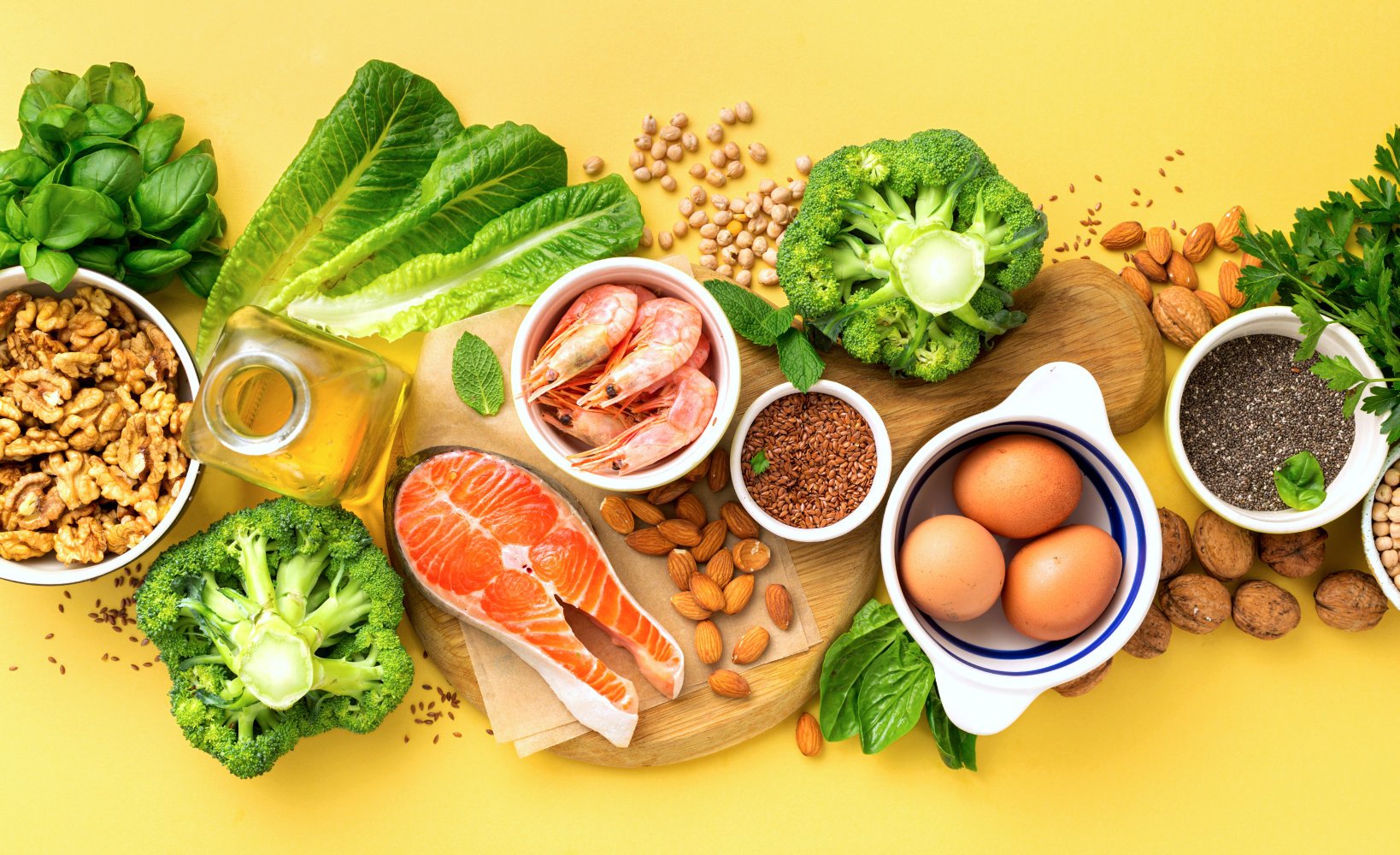Healthy Foods to Eat Every Day
When it comes to staying healthy, what you eat daily can make all the difference. The good news? Eating healthy doesn’t have to be boring or overly restrictive. Let’s explore some of the best foods to include in your everyday diet and how they benefit your body.
Introduction to Healthy Eating
Eating healthy isn’t just about looking good; it’s about feeling your best and fueling your body with the nutrients it needs. A balanced diet helps maintain energy, supports your immune system, and reduces the risk of chronic diseases like diabetes and heart disease.
The Power of Fruits
Fruits are nature’s candy, but they’re packed with nutrients that are good for you!
Berries for Antioxidants
Berries like blueberries, strawberries, and raspberries are rich in antioxidants. These tiny fruits help combat oxidative stress and reduce inflammation.
Citrus Fruits for Vitamin C
Oranges, lemons, and grapefruits are your go-to for immune-boosting Vitamin C. They’re also hydrating and refreshing.
Apples for Fiber and Satiety
An apple a day might really keep the doctor away! Packed with fiber, they help keep you full and support digestive health.
Vegetables: The Nutrient Powerhouses
Think of vegetables as the building blocks of your health.
Leafy Greens like Spinach and Kale
These are rich in iron, calcium, and vitamins. Toss them in a salad or blend them into a smoothie!
Cruciferous Vegetables like Broccoli
Broccoli and its cousins like cauliflower are loaded with vitamins and can even support detoxification processes in the body.
Sweet Potatoes for Complex Carbs
A great source of complex carbs and Vitamin A, sweet potatoes keep you energized and support vision health.
Protein-Rich Foods
Protein is crucial for muscle repair, energy, and overall health.
Eggs: Nature’s Multivitamin
Eggs are rich in protein, choline, and essential vitamins. Plus, they’re super versatile!
Legumes and Beans for Plant-Based Protein
Lentils, chickpeas, and black beans are excellent for vegetarians and omnivores alike.
Lean Meats and Poultry
Chicken, turkey, and lean cuts of beef provide high-quality protein without excessive fat.
Healthy Fats
Don’t fear fat—it’s essential for brain health and hormone production.
Avocados for Heart Health
Rich in monounsaturated fats, avocados are creamy and delicious. Spread them on toast or add them to salads.
Nuts and Seeds for Essential Nutrients
Almonds, walnuts, chia seeds, and flaxseeds are packed with healthy fats, fiber, and omega-3s.
Olive Oil for Cooking
A staple of the Mediterranean diet, olive oil is great for heart health and perfect for cooking or drizzling over dishes.
Whole Grains
Whole grains are more nutritious than their refined counterparts.
Brown Rice and Quinoa
These grains are high in fiber and provide slow-releasing energy.
Whole-Grain Bread and Pasta
Switch to whole-grain options to boost your fiber intake and feel fuller longer.
Dairy and Alternatives
Calcium is essential for strong bones and teeth.
Greek Yogurt for Probiotics
Greek yogurt is rich in protein and probiotics, which support gut health.
Plant-Based Milk for Calcium
If you’re lactose intolerant, almond or oat milk is a great alternative.
Staying Hydrated
Water is essential for nearly every function in your body. Aim for at least 8 glasses a day, and consider adding slices of lemon or cucumber for a refreshing twist.
Foods to Limit or Avoid
Not all foods are created equal. Be mindful of:
- Processed foods: Often high in unhealthy fats and sugar.
- Sugary beverages: These provide empty calories and lead to energy crashes.
- Excessive sodium intake: It can raise blood pressure and strain your heart.
Conclusion: Building a Healthy Plate Daily
Eating healthy every day doesn’t have to be complicated. Incorporate a variety of fruits, vegetables, proteins, and whole grains into your meals, and remember to stay hydrated. Small, consistent choices add up to big changes over time!
FAQs
1. What are the healthiest foods to include daily?
Focus on a mix of fruits, vegetables, whole grains, lean proteins, and healthy fats.
2. Can I eat healthy on a budget?
Absolutely! Opt for seasonal produce, bulk grains, and frozen fruits and vegetables.
3. Are snacks part of healthy eating?
Yes! Choose nutrient-dense snacks like nuts, yogurt, or fruit.
4. How much water should I drink daily?
Aim for 8–10 glasses, but adjust based on your activity level and climate.
5. Can I indulge in treats occasionally?
Of course! Moderation is key—balance is the essence of healthy eating.

